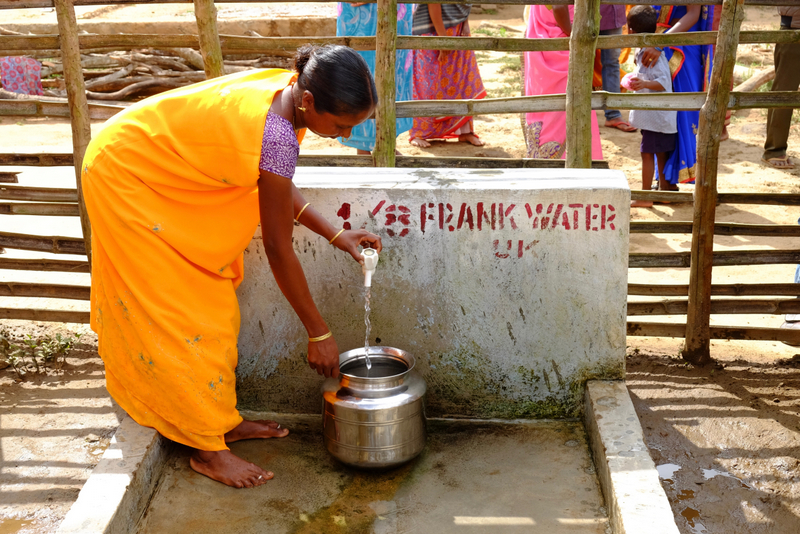White Elephants – The Importance of Community Ownership
03.09.13
By subscribing to our newsletter, you give us permission to email you with news of our work and events, plus opportunities for volunteering, challenges to take part in and special offers in our shop. You can unsubscribe any time by clicking the link in our email footer.

03.09.13

In this post, I’m going to talk about the last session I attended on Monday, which was about community ownership. This is because community ownership is a crucial part of our projects. As the speakers in this session noted, there are many “white elephant” projects out there, which don’t work because they were implemented without the consent of communities. Speakers from the International Labour Organisation and the Boqueron Local Government of Paraquay spoke about a rural water and sanitation project that they implemented in an area with an indigenous population. The local community in this project were involved in identifying priority villages as well as designing and implementing the project. This was essential in navigating conflicts such as the multiple water uses in the area. Due to this involvement, the community took care of maintaining and sustaining the water system. However, questions have been raised throughout this conference regarding the extent to which communities can manage water systems. Certainly, communities cannot do it alone – but require support from external actors. One solution being trialed is government contracts to communities. This means that communities can manage their water systems, but there is a formal element to this which means that it can be sustained in the long term.
Another question to ask when it comes to participation, is who participates? Communities are not single entities and there are often divisions within them. One particularly dominant division is gender. Women are often the ones who manage water sources, yet they have little say in decision-making. Ms Tacko Ndiaya, from UN-Women, spoke about a positive case study in the Philippines, where women were being involved in the management of water systems. Preliminary findings here suggest that this has not only improved the running of water services, but the status of women.
In other sessions during the day, the plenary again highlighted the crucial role of nature, with Yolanda Kakabadse, President of the World Wide Fund for Nature highlighting that “water does not come from the tap, it comes from nature”. And in a session on private sector participation, there was a frank discussion on how private sector actors could get involved in water issues beyond their Corporate Social Responsibility (CSR) schemes. One of the good suggestions was that companies start by ensuring that all of their employees have access to safe water and sanitation. This is a theme that continues throughout the conference…